Home / health-care / Disease X: WHO’s Urgent Call for Global Preparedness, Human Rights Protection, and Equitable Healthcare Access
Disease X: WHO’s Urgent Call for Global Preparedness, Human Rights Protection, and Equitable Healthcare Access
By: My India Times
2 minutes read 106Updated At: 2024-12-09
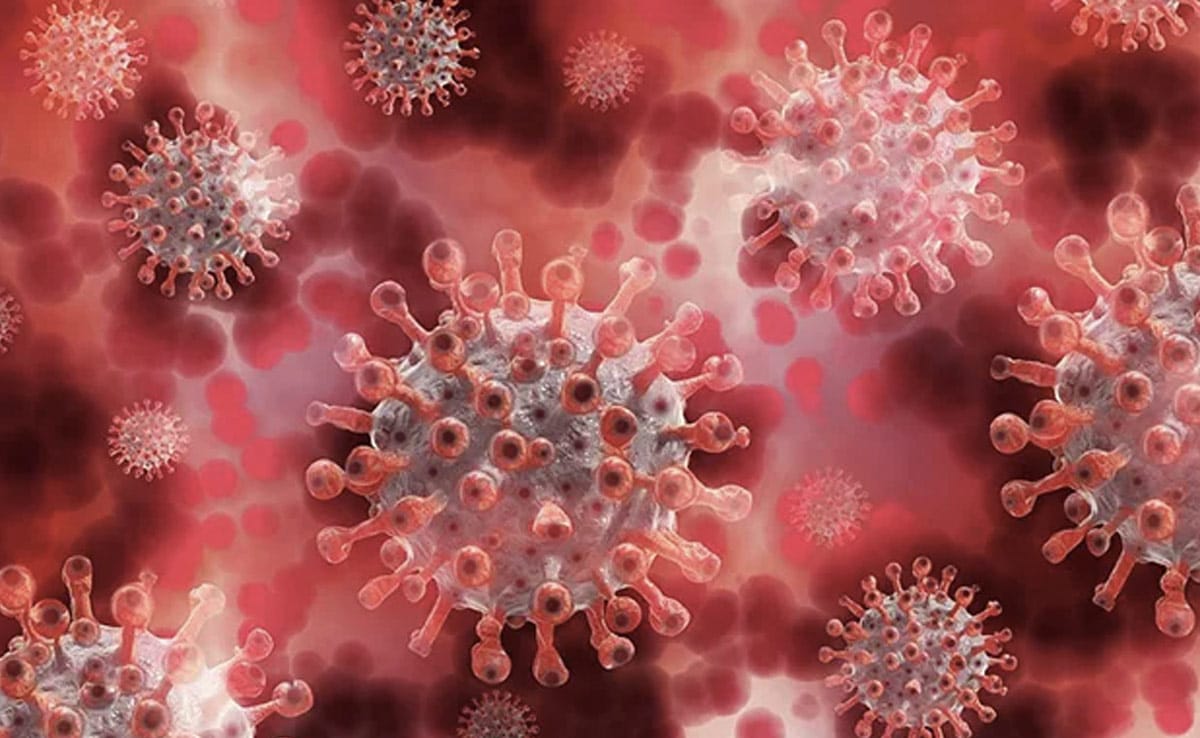
Disease X: The WHO’s Urgent Call for Global Preparedness and Human Rights Protection
"Disease X," a term coined by the World Health Organization (WHO), serves as a crucial reminder of the unpredictable nature of emerging infectious diseases that could potentially trigger a global health crisis. Though Disease X has not yet manifested as an actual disease, its inclusion in WHO’s 2018 research agenda highlights the urgent need for global preparedness in the face of unknown pathogens that could arise unexpectedly.
Origins and Potential Impact on Vulnerable Populations
Disease X refers to a potential pathogen that could emerge from various sources, such as zoonotic diseases (animal-to-human transmission), environmental changes, or mutations of existing viruses. The exact symptoms remain unknown, but experts predict that it could cause fever, respiratory distress, fatigue, and widespread health issues. The rapid transmission of such a disease has the potential to overwhelm healthcare systems, much like the COVID-19 pandemic did globally. However, it is critical to consider that the most vulnerable populations, including marginalized communities, refugees, and those with limited access to healthcare, are at greater risk during such outbreaks.
Preventing Health Crises with Human Rights in Mind
While there is no known cure or vaccine for Disease X at present, the WHO emphasizes the need for heightened global preparedness. Strengthening healthcare infrastructure, enhancing disease surveillance, and developing rapid diagnostic tools are essential to mitigating the threat. More importantly, governments and international bodies must ensure that their responses prioritize human rights by making healthcare services accessible to all, particularly those in vulnerable and marginalized communities. Ensuring that everyone has access to timely medical care, clear information, and protection from harm is a fundamental human right that must be upheld during any health crisis.
The Global Response: Collaboration and Equity
In today’s interconnected world, the global mobility of people and goods makes the spread of unknown diseases more likely. Disease X underscores the importance of international cooperation in public health response efforts. The focus must be on creating systems that respond swiftly to emerging threats while ensuring equitable access to medical resources. The WHO's call for a collective global effort in developing vaccines and antiviral treatments is key to safeguarding human rights and protecting lives across all regions, especially in low-income and conflict-ridden areas.
....Disease X: The WHO’s Urgent Call for Global Preparedness and Human Rights Protection
"Disease X," a term coined by the World Health Organization (WHO), serves as a crucial reminder of the unpredictable nature of emerging infectious diseases that could potentially trigger a global health crisis. Though Disease X has not yet manifested as an actual disease, its inclusion in WHO’s 2018 research agenda highlights the urgent need for global preparedness in the face of unknown pathogens that could arise unexpectedly.
Origins and Potential Impact on Vulnerable Populations
Disease X refers to a potential pathogen that could emerge from various sources, such as zoonotic diseases (animal-to-human transmission), environmental changes, or mutations of existing viruses. The exact symptoms remain unknown, but experts predict that it could cause fever, respiratory distress, fatigue, and widespread health issues. The rapid transmission of such a disease has the potential to overwhelm healthcare systems, much like the COVID-19 pandemic did globally. However, it is critical to consider that the most vulnerable populations, including marginalized communities, refugees, and those with limited access to healthcare, are at greater risk during such outbreaks.
Preventing Health Crises with Human Rights in Mind
While there is no known cure or vaccine for Disease X at present, the WHO emphasizes the need for heightened global preparedness. Strengthening healthcare infrastructure, enhancing disease surveillance, and developing rapid diagnostic tools are essential to mitigating the threat. More importantly, governments and international bodies must ensure that their responses prioritize human rights by making healthcare services accessible to all, particularly those in vulnerable and marginalized communities. Ensuring that everyone has access to timely medical care, clear information, and protection from harm is a fundamental human right that must be upheld during any health crisis.
The Global Response: Collaboration and Equity
In today’s interconnected world, the global mobility of people and goods makes the spread of unknown diseases more likely. Disease X underscores the importance of international cooperation in public health response efforts. The focus must be on creating systems that respond swiftly to emerging threats while ensuring equitable access to medical resources. The WHO's call for a collective global effort in developing vaccines and antiviral treatments is key to safeguarding human rights and protecting lives across all regions, especially in low-income and conflict-ridden areas.
By: My India Times
Updated At: 2024-12-09
Tags: health-care News | My India Times News | Trending News | Travel News
Join our WhatsApp Channel




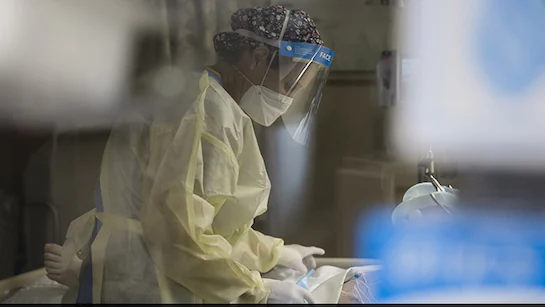





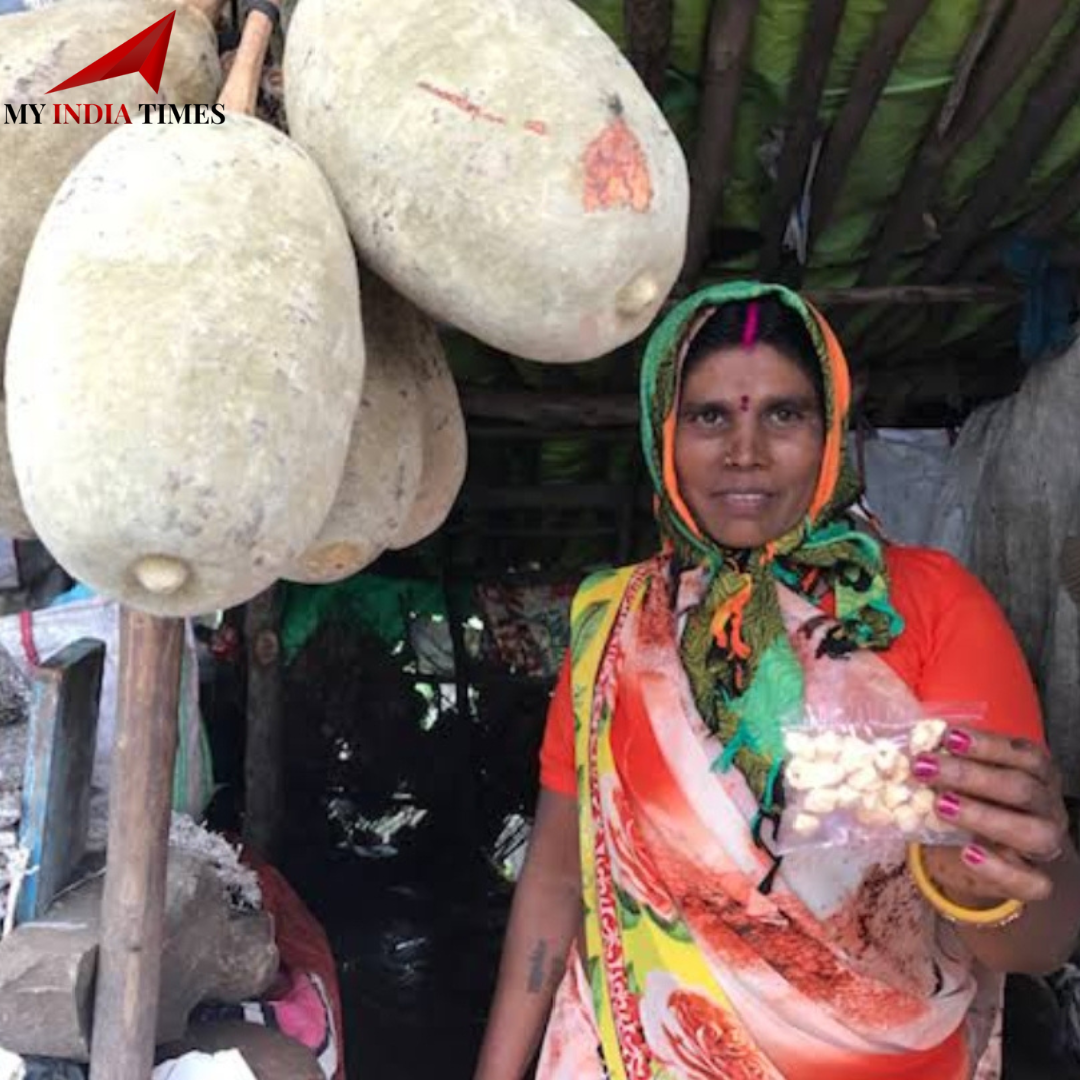



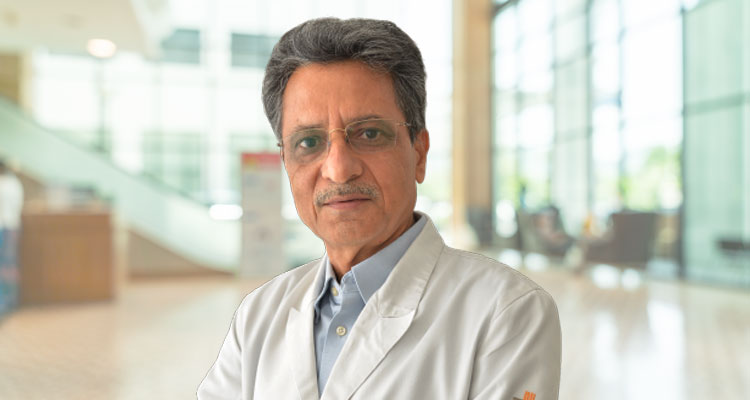
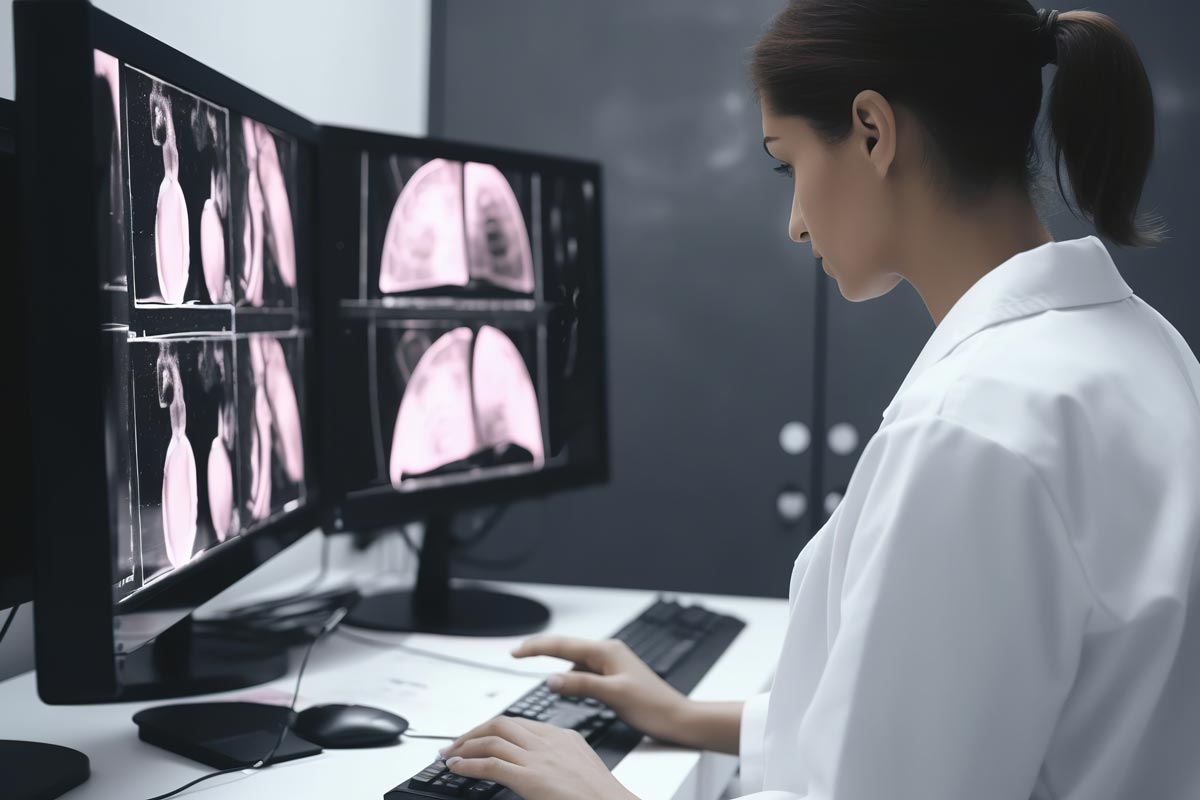
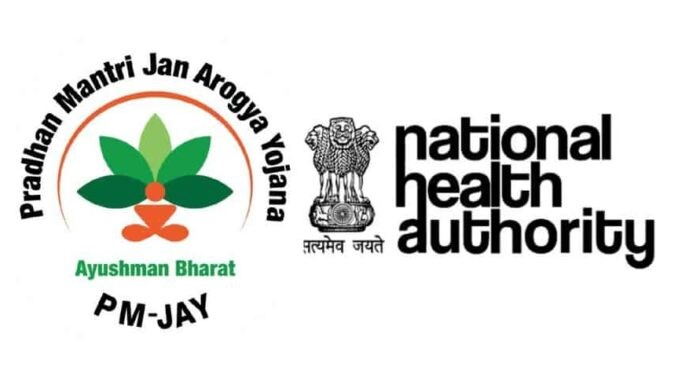


.jfif)
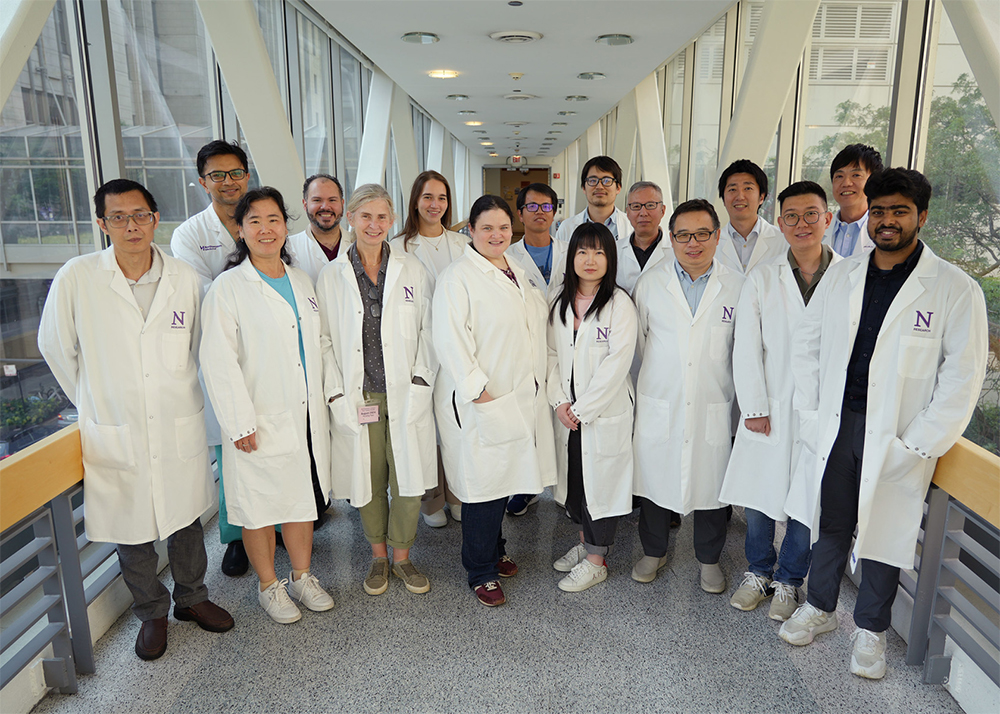
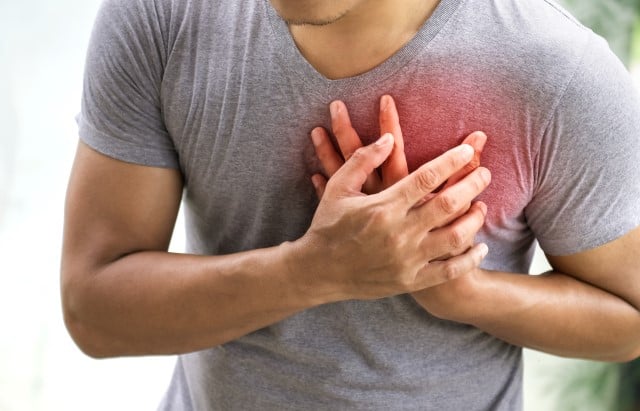
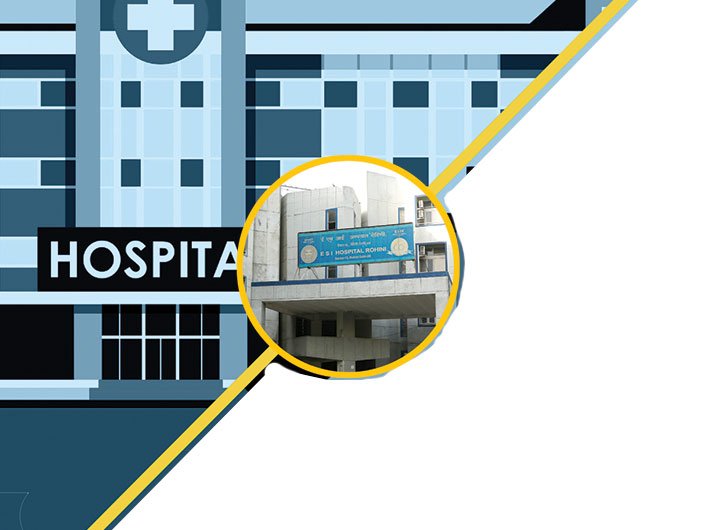
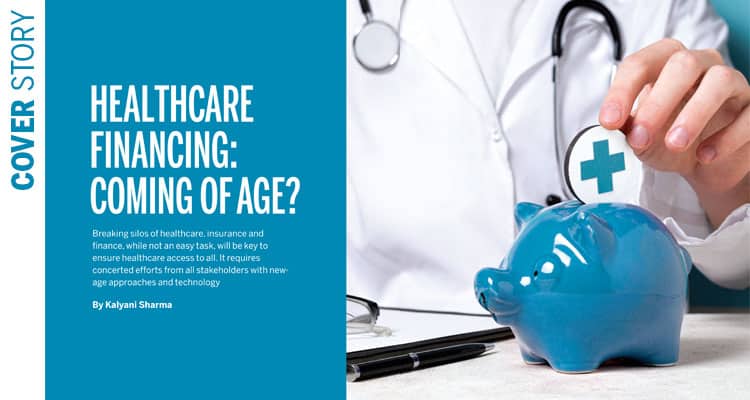
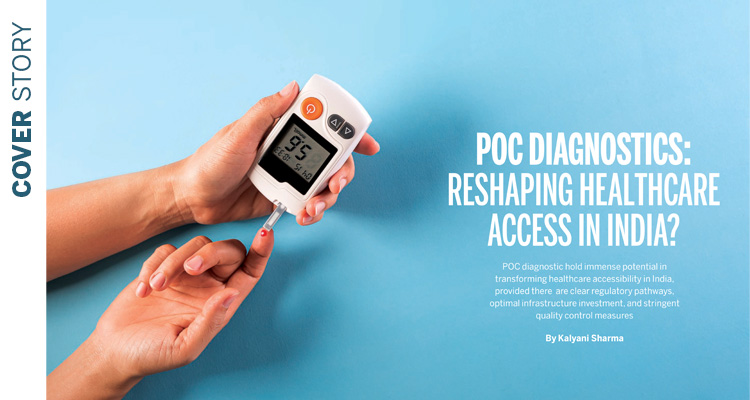
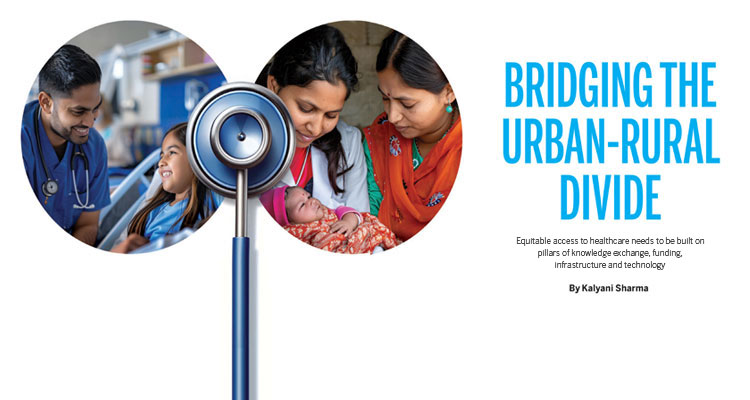



























































































.png)
 (1).png)























